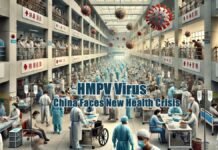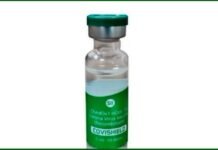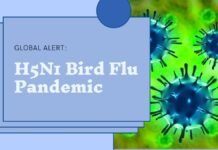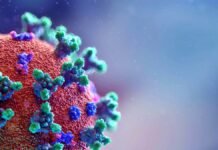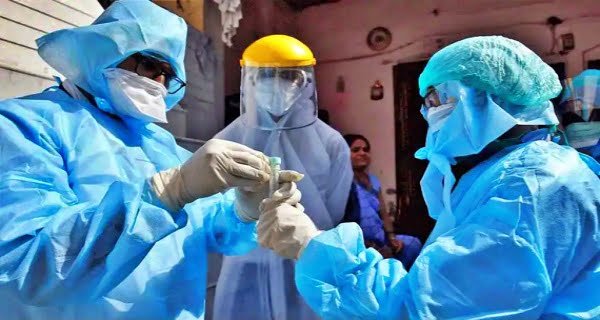
New Delhi: mucormycosis, a fungal infection, is being found in COVID-19 patients and largely in cases of those who are diabetic but there is “no big outbreak”, Niti Aayog Member (Health) V K Paul said on Friday. The situation is being monitored and the treatment for mucormycosis is available, he said.
This comes a day after a leading private hospital in Delhi flagged the rising number of COVID-triggered mucormycosis or black fungus cases. Addressing a press conference here, Paul said, “The fungal infection called mucormycosis is being found in patients of COVID-19 disease. It is caused by a fungus named mucor, which is found on wet surfaces. It, to a large extent, is happening to people who have diabetes. It is very uncommon in those who are not diabetic. There is no big outbreak and we are monitoring it.” “Mucor attacks people with uncontrolled sugar. Other than that, if the diabetes patient is taking immune suppressive medicines, steroids, or has cancer, then the impact of mucormycosis is more on that person. If these patients are exposed to wet surfaces, then the chances of getting this disease increases,” he said.
Paul said drugs that suppress the immune system but are life-saving like dexamethasone, prednisolone, methylprednisolone, dexona etc., are already being used to treat COVID-19 patients. “All these are related compounds. When these are used, the immune system gets suppressed, even in persons who are diabetic, and this fungus attacks,” he said.
Paul said when the same COVID-19 patient is put on oxygen support, which has a humidifier containing water, his or her chances of getting the fungal infection increase. “When a patient is on oxygen support, it should be ensured that water does not leak from the humidifier. Patient’s hygiene is also important,” he cautioned.
Paul said another class of medicines — Tocilizumab and Itolizumab — is being used to treat COVID-19 patients that suppresses the immune system and leads to mucormycosis in diabetic patients. “Whoever has diabetes needs to control the sugar level always. We are promoting the administration of steroids but they should not be given at the onset of COVID-19. Steroids should not be given unnecessarily. They can be given after the sixth day and should be given for a stipulated period of time and not for long.
“I request healthcare professionals to take care of these things and our National Task Force and the government have adjusted the dose of Tocilizumab in the new protocol to reduce the chances of these infections,” Paul said, adding that treatment for mucormycosis is available. Responding to a question on post-COVID deaths, Paul said the secondary infection was one of the factors behind them and advised alertness even after acute COVID care.
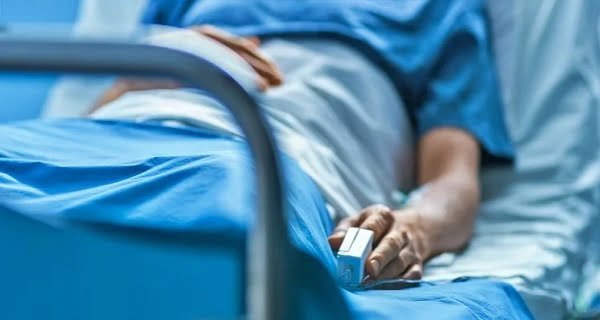
He said secondary infection, thrombosis (blood clotting), and severe pneumonia are some of the main reasons for post-COVID deaths. “It means that even after acute COVID care, we have to be alert. Many people already have comorbidities and the patient was in a hospital environment, so secondary infection happens, bacteria gets activated.
“Another reason is thrombosis. Sometimes the residual effect stays for a long time and can be harmful. Another is pneumonia and damage to the lungs. The effect stays and respiratory problem aggravates. So we need to stay alert in post-COVID days as well and take proper medication. It should be a very careful phase,” he said. Asked about the scarcity of medicines like Fabiflu and Tocilizumab, Paul said, “There is no such scarcity of Fabiflu but there is a possibility of hoarding at a few places. But Tocilizumab is imported and is available in limited quantities so the user should also be within limits.
“Its excessive use should not be done. It is given to not more than one percent of the infected patients and only when it is absolutely necessary as it has side effects.” Paul said the government is trying to make the medicine available in larger quantities. “We have also requested states to have a COVID medical board. As this medicine is available in limited quantities, it should be available with the board. Whichever hospital/nursing home needs it, can share their requirement with them and the medicine can be released accordingly,” he said.





































